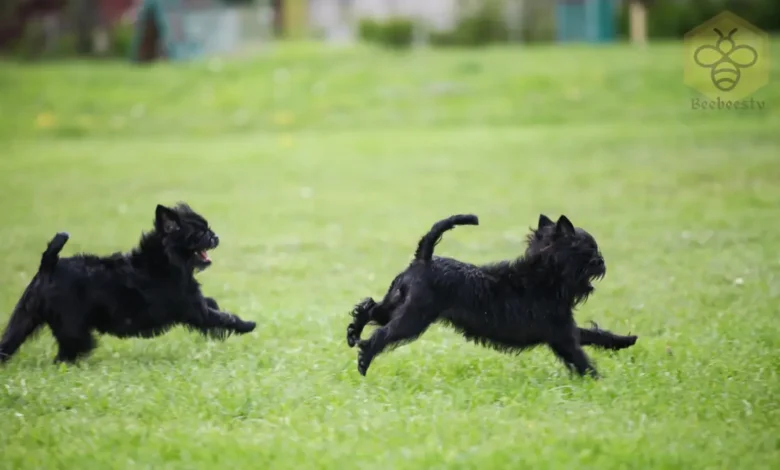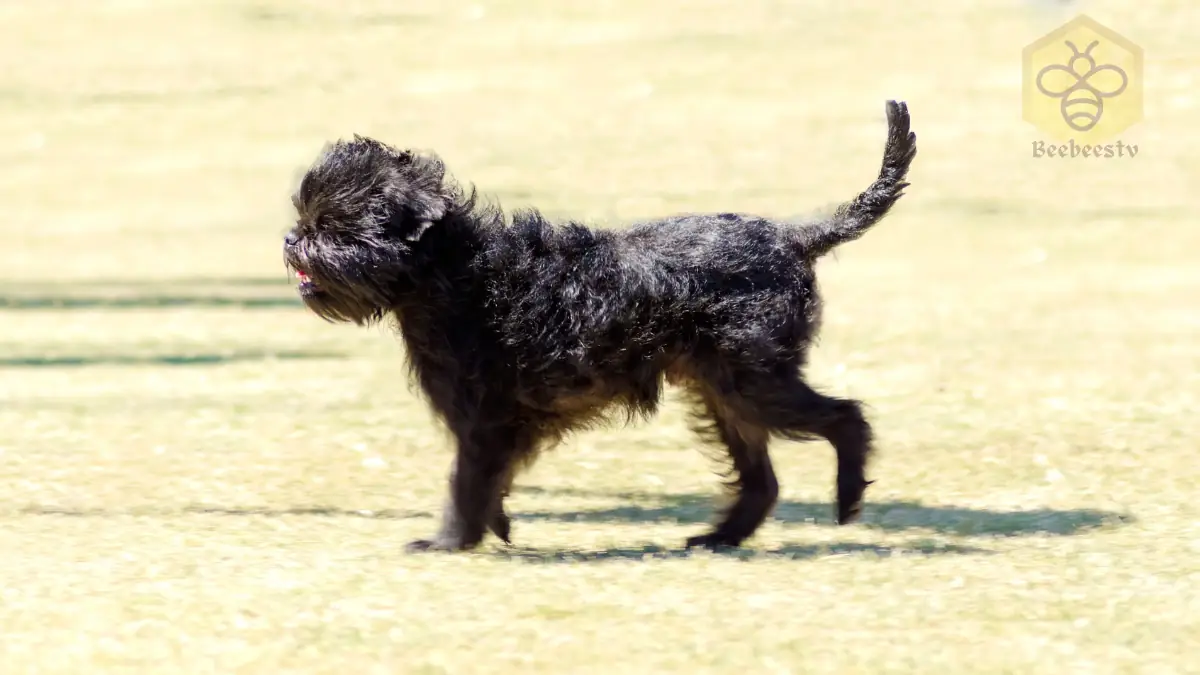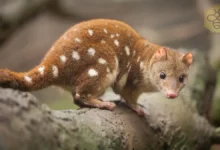Affenpinschers: The Playful and Loyal Toy Dogs

Affenpinschers: The Loyal and Lively Toy Dogs
Affenpinscher
The Affenpinscher is a small, loyal, and lively toy dog breed known for its distinctive “monkey-like” face and playful personality. Originally bred in Germany, the Affenpinscher has gained popularity as a companion dog worldwide. Often called the “Monkey Terrier,” this dog is well-suited for families looking for a spirited, affectionate pet.
Scientific Overview
Scientific Name
The scientific name for the Affenpinscher is Canis lupus familiaris.
Common Name
The common name for Canis lupus familiaris in this context is Affenpinscher.
Scientific Classification
| Kingdom | Animalia |
| Phylum | Chordata |
| Class | Mammalia |
| Order | Carnivora |
| Family | Canidae |
| Genus | Canis |
| Species | Canis lupus |
| Subspecies | Canis lupus familiaris |
Types
The Affenpinscher does not have different types or subspecies, as it is a distinct breed within the broader category of domesticated dogs.
Habitat and Distribution
Habitat
Affenpinschers are domesticated dogs that thrive in indoor environments, making them excellent pets for apartments or houses. They require comfortable, climate-controlled spaces and enjoy having cozy areas to rest and play.
Geographic Distribution
Originally bred in Germany, Affenpinschers are now found worldwide. They are especially popular in Europe and North America and are commonly seen in urban and suburban settings.
Physical Characteristics
Size and Weight
Affenpinschers are small dogs, standing about 9 to 11 inches (23 to 28 cm) tall at the shoulder and weighing between 7 to 10 pounds (3 to 4.5 kg).
Appearance
Affenpinschers have a unique, monkey-like facial expression, which is complemented by their short, scruffy coat and bushy eyebrows. Their coats are typically black, though some Affenpinschers come in gray, silver, red, or tan.
Diet and Feeding Habits
Diet
The diet of an Affenpinscher should consist of high-quality dog food tailored to its age, size, and activity level. It may include dry kibble, canned food, or a balanced raw diet with proteins, fats, and essential vitamins.
Feeding Behavior
Affenpinschers typically have moderate appetites and should be fed controlled portions to maintain a healthy weight. They enjoy routine feeding schedules and benefit from occasional treats as rewards during training sessions.
Predators and Threats
Natural Predators
As a small, domesticated breed, the Affenpinscher does not face natural predators in its typical urban or suburban habitat.
Human Threats
Affenpinschers are generally safe from human threats; however, improper breeding practices or neglect can pose health risks. Additionally, their small size makes them vulnerable to injury from rough handling or unintentional harm.

Reproduction, Babies, and Lifespan
Mating Behavior
Affenpinschers reach sexual maturity around six to twelve months of age. Responsible breeding practices are essential to maintain their health and avoid genetic disorders.
Babies
Female Affenpinschers give birth to litters of one to three puppies. These puppies require extensive care, feeding, and socialization to develop properly.
Lifespan
The average lifespan of an Affenpinscher is between 12 to 15 years, with some living even longer when provided with proper healthcare, a balanced diet, and regular exercise.
Population and Conservation Status
Population Size
Affenpinschers are not a wild species and thus do not have an exact population size. As a breed, they are relatively rare but can be found in pet homes and with breeders worldwide.
Conservation Status
Affenpinschers are domesticated pets and are not subject to conservation status. However, responsible breeding practices are necessary to ensure the health and vitality of the breed.
Behavior and Lifestyle
Daily Activities
Affenpinschers are active and enjoy daily walks, playtime, and mental stimulation. They are curious and playful, often displaying a strong sense of independence and loyalty to their owners.
Communication
Affenpinschers communicate through various barks, facial expressions, and body language. They tend to be alert and protective, often barking to alert their owners of any perceived threats or changes in their environment.
Ecological Role
Importance in the Ecosystem
As a domesticated breed, Affenpinschers do not have a direct ecological role in the wild. Their primary importance lies in their role as companions and pets.
Impact on Humans
Affenpinschers bring joy, companionship, and entertainment to their owners. They are popular among families, singles, and the elderly due to their loyalty, manageable size, and relatively low-maintenance grooming needs.
FAQs About Affenpinscher
- Are Affenpinschers good with children?
Yes, Affenpinschers can be good with children, especially when raised together, but they require gentle handling due to their small size. - How much exercise does an Affenpinscher need?
They require moderate daily exercise, including walks and playtime, to stay healthy and happy. - Are Affenpinschers prone to barking?
Yes, they can be barkers, as they are naturally alert and protective. Early training can help manage excessive barking. - Do Affenpinschers shed a lot?
Affenpinschers have minimal shedding, and their wiry coat requires brushing a few times per week to stay tangle-free. - What health issues are common in Affenpinschers?
They may be prone to hip dysplasia, dental issues, and respiratory conditions, making regular vet check-ups essential.
Conclusion
The Affenpinscher is a delightful and unique toy dog breed, loved for its loyalty, intelligence, and distinctive appearance. With a history rooted in Germany, this small but spirited dog makes a fantastic companion for individuals and families alike. While they may require some early training and socialization, Affenpinschers are generally easy to care for and adapt well to various living situations. Providing them with a balanced diet, regular exercise, and plenty of affection ensures they lead a happy, healthy life.


